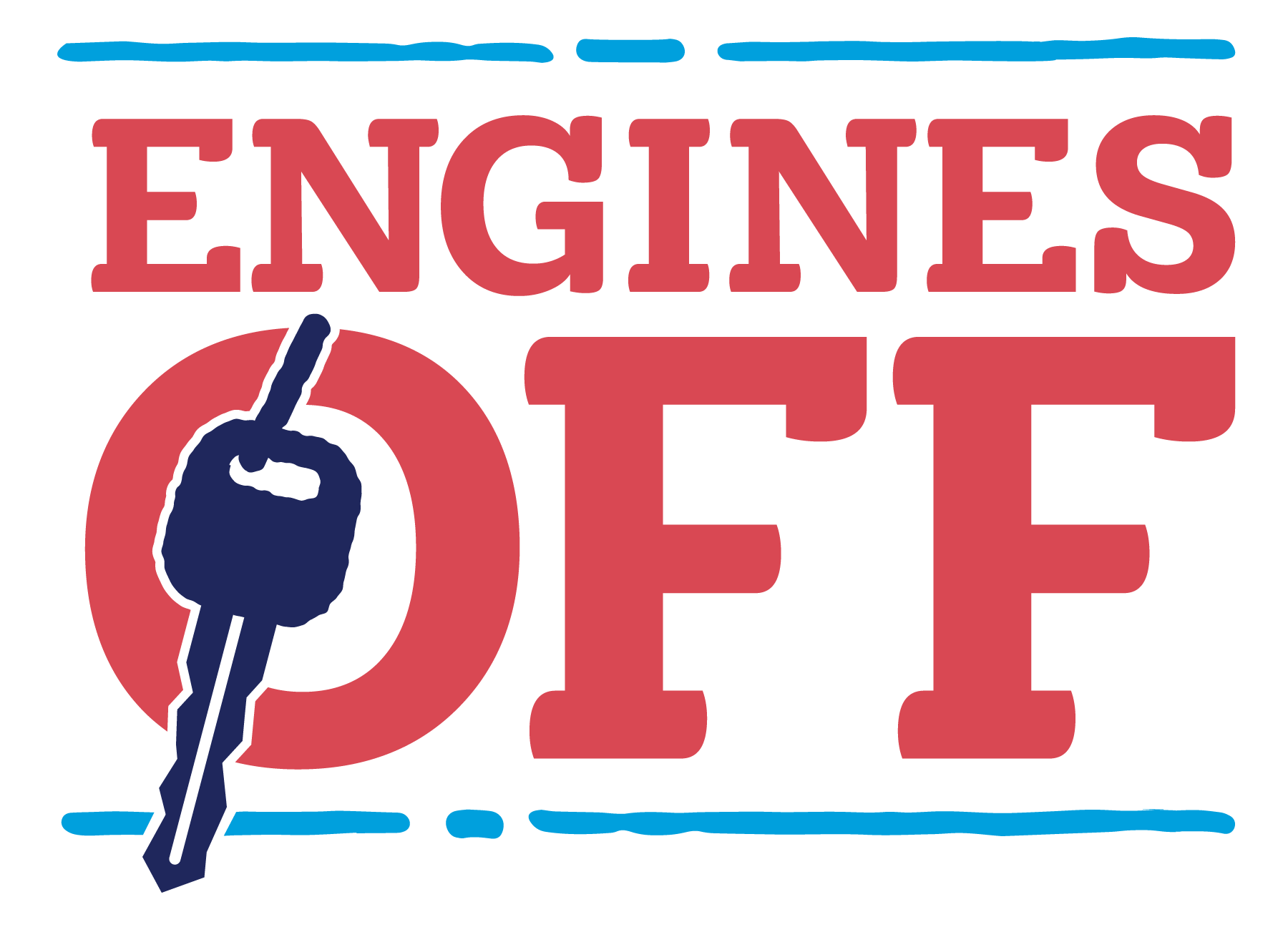Engines Off
The Problem
Idling is leaving an engine running while a vehicle is parked. Passenger and commercial vehicles often idle, sometimes for air conditioning or heating, other times just out of convenience. Unfortunately, idling vehicles emit pollutants that are harmful to public health, and contribute to climate change. Just one minute of idling releases 150 balloons worth of pollutants, including particulate matter and ozone precursors like nitrogen oxides. These pollutants can aggravate asthma and allergies, and can cause cardiovascular and respiratory disease. Children are especially vulnerable to the health impacts of idling. Idling also releases greenhouse gases into the atmosphere; each year, idling personal vehicles generates about 30 million tons of carbon dioxide. Furthermore, idling wastes money. Idling for just 10 seconds uses more gas than turning and engine off and on again — in the U.S., $20 billion worth of gas is wasted each year from idling.
The Program
The RAQC is encouraging drivers to turn their engines off instead of idling via several different avenues:
Engines Off for Local Governments: We’re reaching out to local governments and the public to encourage the adoption of anti-idling ordinances. We’re also offering resources for fleet managers to reduce idling and save money.
Engines Off at Schools: We’re partnering with schools in the Front Range to educate parents, students and school staff about the health impacts of idling near children
Engines Off for Food Trucks: We’re awarding grants to food truck owners that want to trade their gas, propane, or diesel generators for a battery to reduce idle air pollution, save money, reduce noise pollution and increase customer satisfaction.


